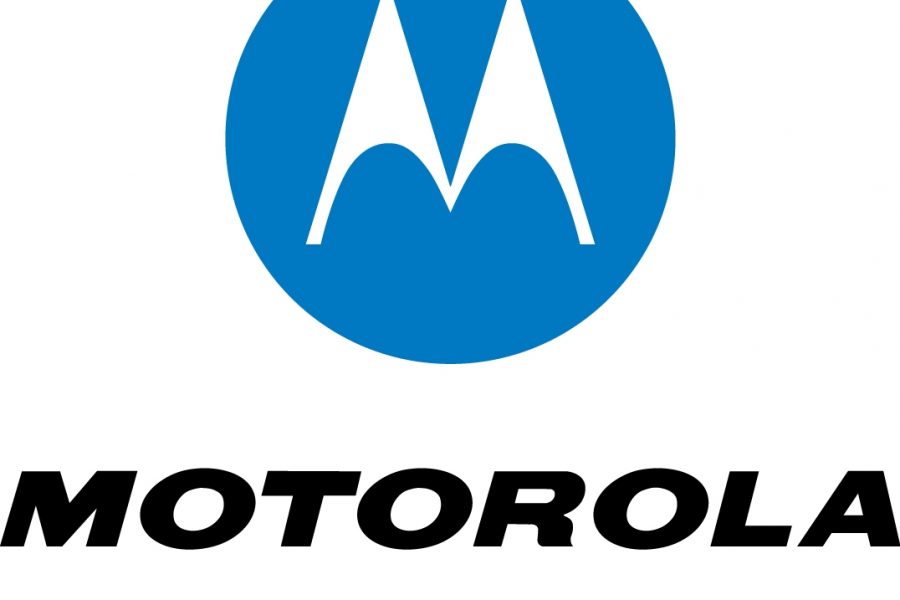Motorola Solutions execs cite ‘strong’ LMR demand, company’s diversified portfolio
Demand for mission-critical land-mobile-radio (LMR) systems continues to be “strong,” but Motorola Solutions’ offerings extend well beyond this traditional core to sectors like dispatch, video, analytics and software suites, company CEO Greg Brown said today.
During the company’s first-quarter earnings call, Brown noted that he expects software and services to account for “about one-third” of Motorola Solutions’ annual revenue this year, compared to 31% in 2018. Company officials noted initiatives to integrate software, build a dispatch portfolio augmented by the purchase of Avtec for $136 million in March, and last year’s acquisition of video and analytics company Avigilon.
“The addressable markets that we’re playing in have been expanded,” Brown said. “We were, more traditionally, a mission-critical radio communications provider. As we continue to invest—organically and inorganically—we’re playing in so many other areas beyond that. We’re playing in the command center, the software space … we’re in the video-security and analytics market with Avigilon.
“I think the continued performance of what we’re doing is because of the width and the breadth of our product portfolio, led by a healthy economy in North America, but also reflecting—at its fundamental base—the criticality and consistent demand for land mobile radio.”
In the LMR space, Motorola Solutions was selected to build a statewide P25 system in North Dakota in the first quarter. Last year, the company’s selection to build Florida’s proposed statewide P25 network—the largest LMR deal in the U.S. procured during the last couple of years—was upheld after an appeal by Harris, but the system has not been contracted yet, Brown said.
Motorola Solutions has purchased a number of companies that provide myriad types of products in the 911/command-center/dispatching arena, including Airbus DS and, most recently, Avtec. Integrating these assets into a comprehensive offering—and providing cloud-based solutions, if desired by customers—is a priority, according to Brown.
“We feel very good about the components that we have and the width and breadth of what we require to include 911 call handling, CAD dispatch, records and evidence management,” Brown said. “We do not believe that, competitively, anyone else has the width and breadth of the suite that we are building.
“It’s a fragmented marketplace. There are different competitors, depending on the element that’s being evaluated, but I think that … [company officials] are doing a really good job building out the suite, cloud-enabling the portfolio and its respective components, increasing SaaS subscriptions and moving away from perpetual licenses. I like our competitive position.”
Motorola Solutions is working to make more of its offerings available via cloud computing, but the company realizes that cloud-based solutions may not be desired—or even allowed—in some sensitive or mission-critical scenarios, according to Kelly Mark, Motorola Solutions’ executive vice president for services and software.
“We expect the materiality of our portfolio to be cloud ready by the end of 2020. I will note, though, that—even as we move toward cloud—our software products will continue to be available to our customers on prem [premise] or in the cloud. So, that transition will be gated, based on our customers’ desire and how they want to execute on a deployment.”
“There are going to be certain issues for governments, related to whether they can store data in the cloud, which will be something we’ll … watch as we deploy it. But they’ve been relatively receptive to [cloud-based solutions]. It certainly helps, in regard to security and keeping the system up to date and managing uptime, versus when you have it in what we call an on-prem deployment.”
When Motorola Solutions acquired Avigilon last year, company officials expressed enthusiasm about the prospect of being able to sell Avigilon’s video and analytics systems—historically used in the enterprise sector—to Motorola Solutions’ traditional government customers. Brown said he remains positive about Avigilon’s potential in the government sector but noted that breaking into that market is not a quick proposition.
“I think the gating factor, in terms of going after public safety in state and local is more about channel and sales cycle,” he said. “I think it’s channel investment that takes time, and I think it’s the sales cycle on competitive RFPs that take time. We still expect strong growth.”
One potential factor that could help Avigilon’s prospects is the fact that the National Defense Authorization Act (NDAA) that is scheduled to become effective this summer prohibits U.S. government agencies from using equipment from Huawei, the China-based company that has been scrutinized for security concerns. Huawei supplies chips to Hikvision and Dahua, two of Avigilon’s top competitors in the video-surveillance space, Brown said.
“If you look at the federal government and critical infrastructure, which has many of the same attributes, I think it [the presence of Huawei components in equipment] is a growing concern,” Brown said.
“I think the NDAA takes effect in August of this year, but it’s clearly favorable, in terms of what we’re doing with Avigilon. I think Avigilon grew well in Q1, ahead of the market. We still expect it to grow at 15%, with a little more traction in fed government and state and local in the second half.”
Jack Molloy, Motorola Solutions’ executive vice president for products and sales, said he believes that the company’s diversified portfolio will prove to be even more valuable in the future, because law-enforcement agencies are reporting that the number of people willing to enter the field is decreasing.
“Ultimately, how do they do more with less?” Molloy said. “The simple answer is technology. Yes, as Greg [Brown] said, it’s our continued demand for land mobile radio. But it’s also going to continue to drive video and command-center-software opportunities for us … They need greater technology to keep the public safe.”


















Indeed….Motorola Solutions, to quote Greg Brown, are ‘playing’….careful Greg….competitors are not ‘playing’ rather they are providing professional, fit for purpose solutions, at realistic price points and increasing that value by empowering customers to support their investments, as opposed to capturing customers via proprietary tech and ‘ managed services’,. One has to ask…is this thinking based on the arrogant premise that the customer does not have the skill set to manage their investments, or that Motorola
Solutions products are not stable enough to be implemented without a Motorola engineer babysitting the solution?